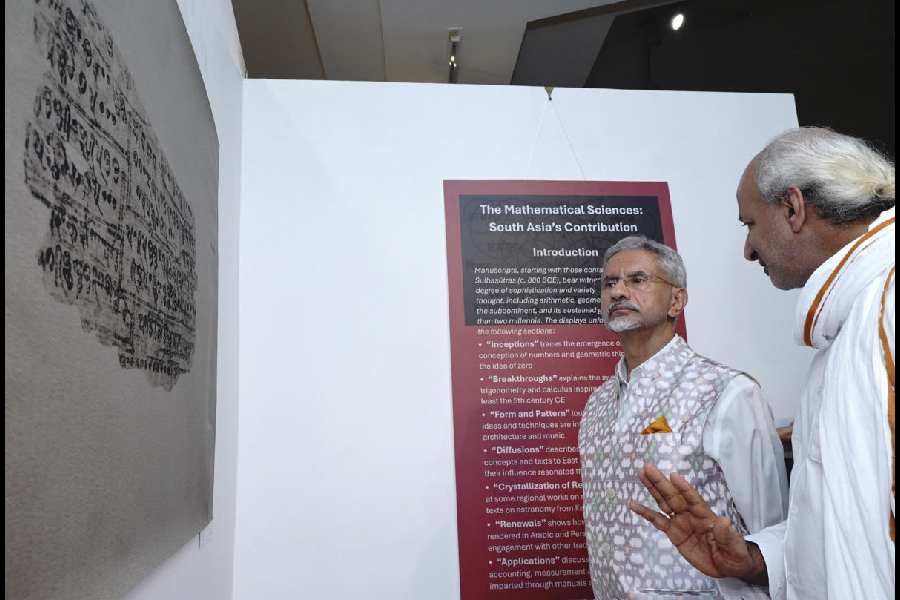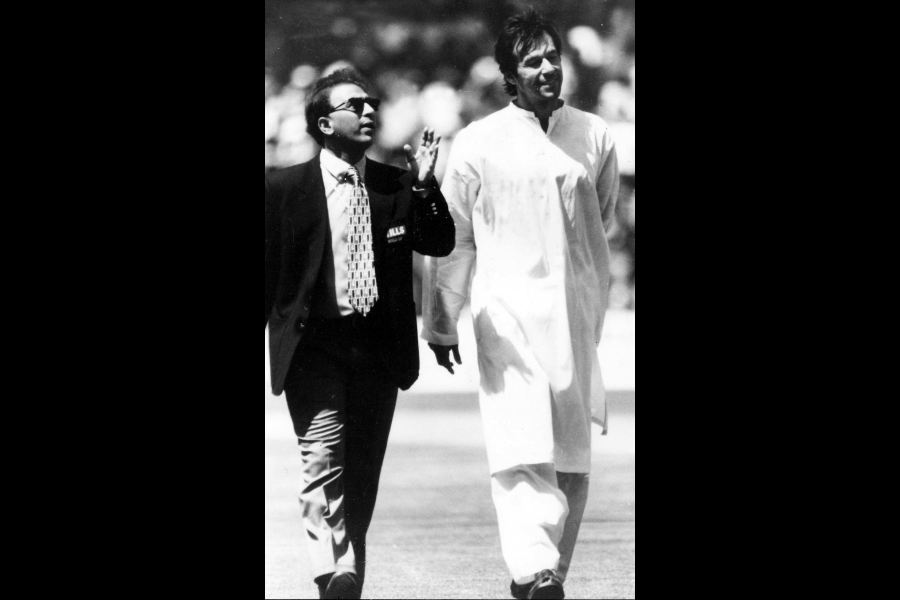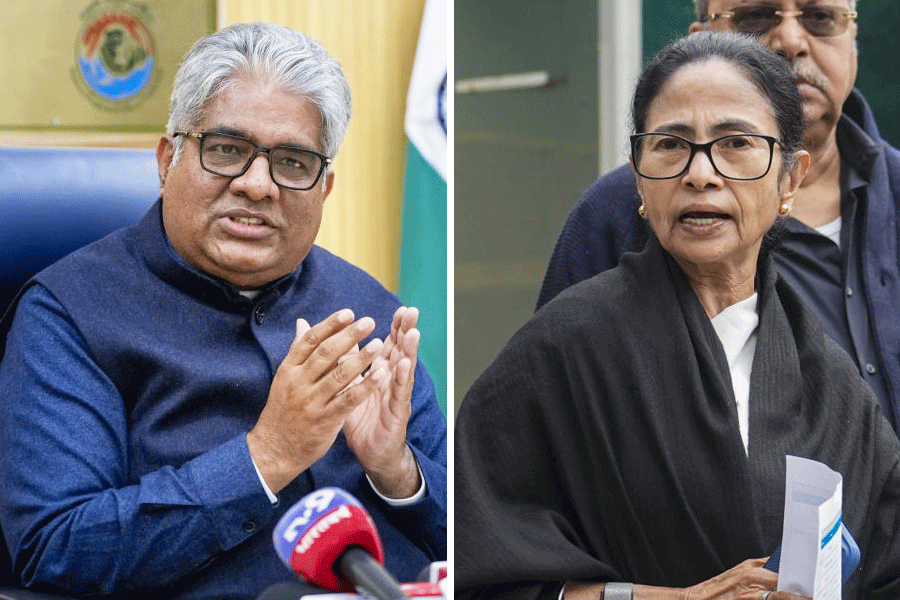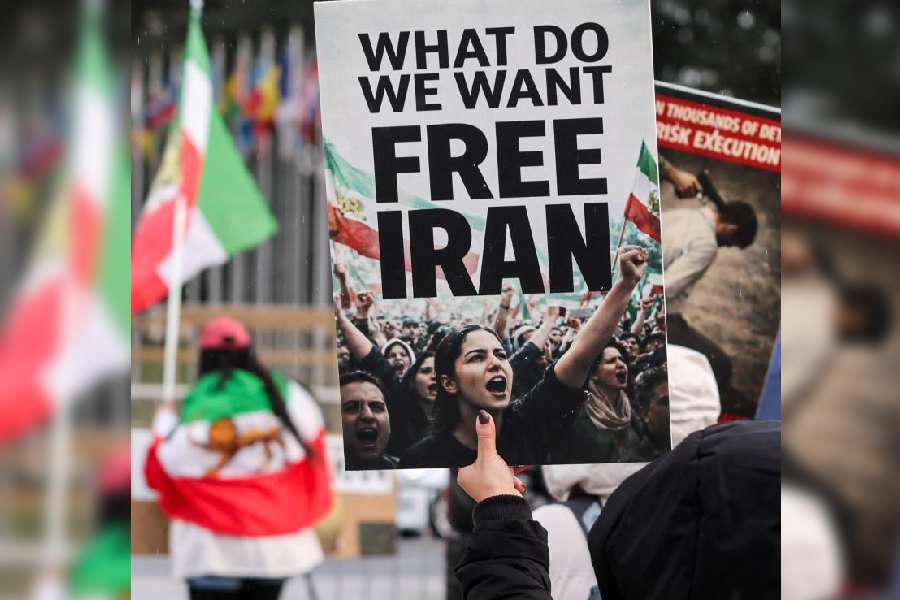A new scheme to glean knowledge from ancient manuscripts, preserve them and include them in school and college curricula has stirred concern among academics over passing on unverified information to students.
The Gyana Bharatam Mission’s (GBM) objectives include conservation, digitisation and integration of wisdom stored in manuscripts into textbooks.
Last week, the government organised a three-day conference on “Reclaiming India’s Knowledge Legacy through Manuscript Heritage” to discuss and chalk out plans for the GBM.
The conference adopted a Delhi Declaration, which provided for the “transmission of ancient wisdom by making manuscripts available for education, innovation and intergenerational learning”.
Y.S. Alone, a professor at the School of Arts and Aesthetics at Jawaharlal Nehru University, said ancient scriptures were revered by a section of people. However, knowledge creation involves questioning, which is missing in the study of manuscripts, he said.
“When we are decoding manuscripts, the process should follow the established methodology of testing the knowledge with modern scientific tools. Whatever is established in this process can be included in textbooks,” Alone said.
“We see a tendency among a section of people to consider everything from ancient scriptures to be holy and divine. There are many texts containing Hindu rituals. If scriptures are taught as sacred, it will take India backwards in a knowledge-driven era,” he said.
Shrinivasa Varakhedi, vice-chancellor of Central Sanskrit University, said the National Mission for Manuscripts, which was rolled out in 2003 to unlock and preserve the knowledge from manuscripts, has estimated that around 52 lakh manuscripts were available with religious institutions and individuals. Of them, more than 10 lakh manuscripts have been digitised, but less than two lakh have been critically studied.
“There is a great aspiration and hope that huge knowledge remains buried in our manuscripts. The present mission will decode the manuscripts first. Only the knowledge that is useful and applicable in today’s context will be part of the curriculum,” said Varakhedi.
At the conference, Prime Minister Narendra Modi had hailed the Vedas as “supreme” in India’s knowledge tradition.
Pradeep Gokhale, a retired professor of philosophy at Savitribai Phule Pune University, said school and college students might not be able to critically analyse the manuscripts.
“If the government thinks the Vedas are the supreme source of all knowledge, it is mistaken. There have been diverse knowledge traditions in India, contrary to the Vedic tradition. The Shramanic tradition, which includes Jainism and Buddhism, and the Lokayata tradition countered the Vedic practices. Hence, the government needs to have a broader perspective while teaching traditional knowledge,” Gokhale said.










